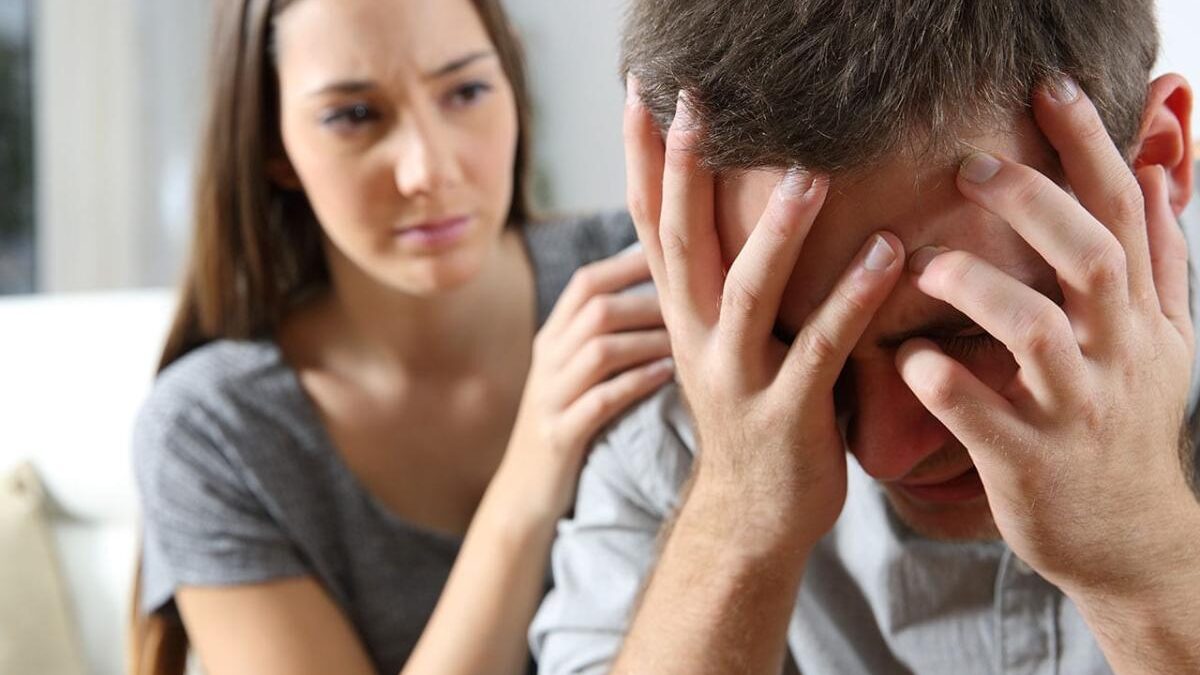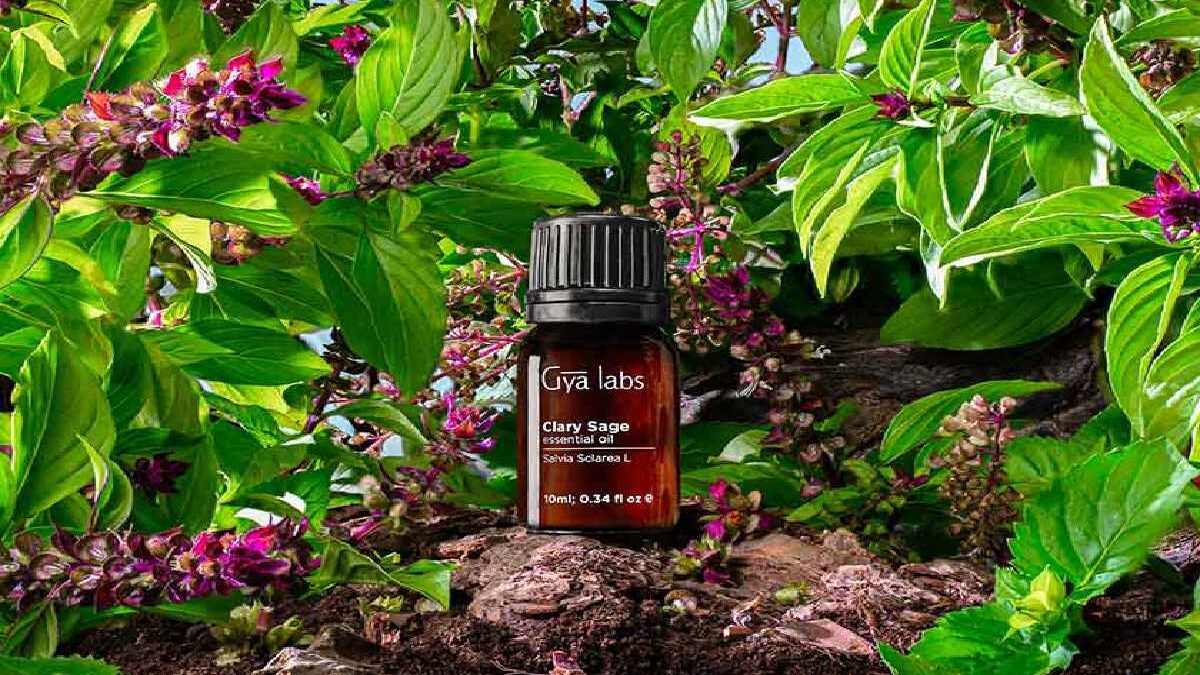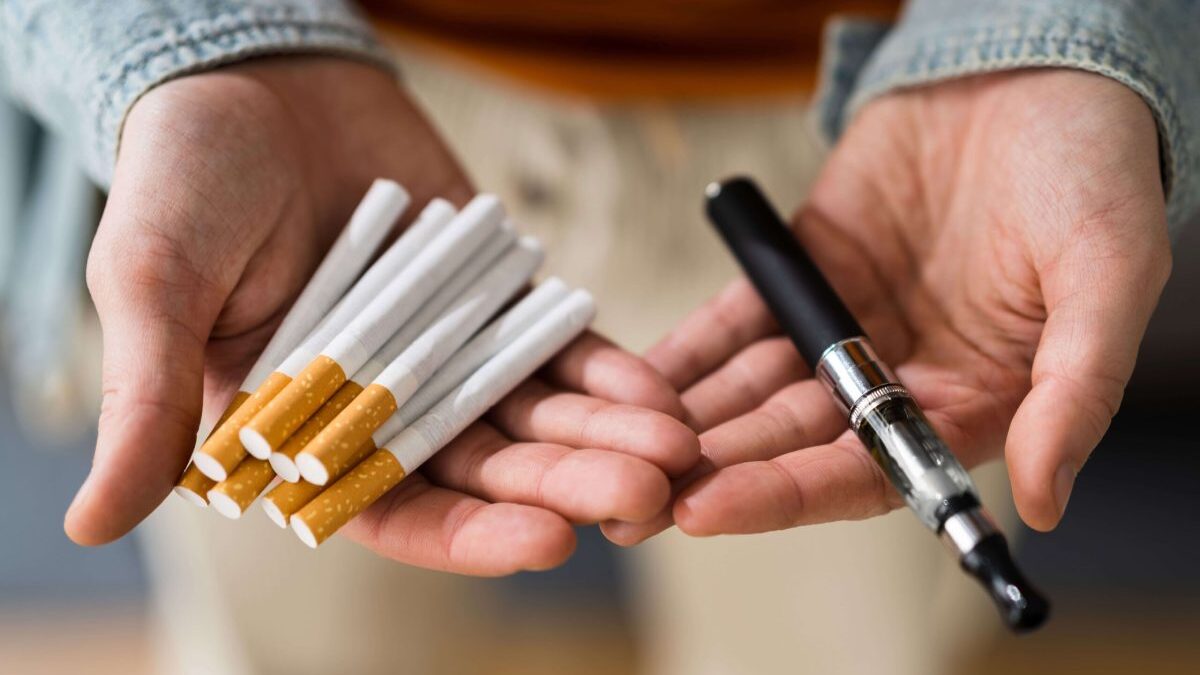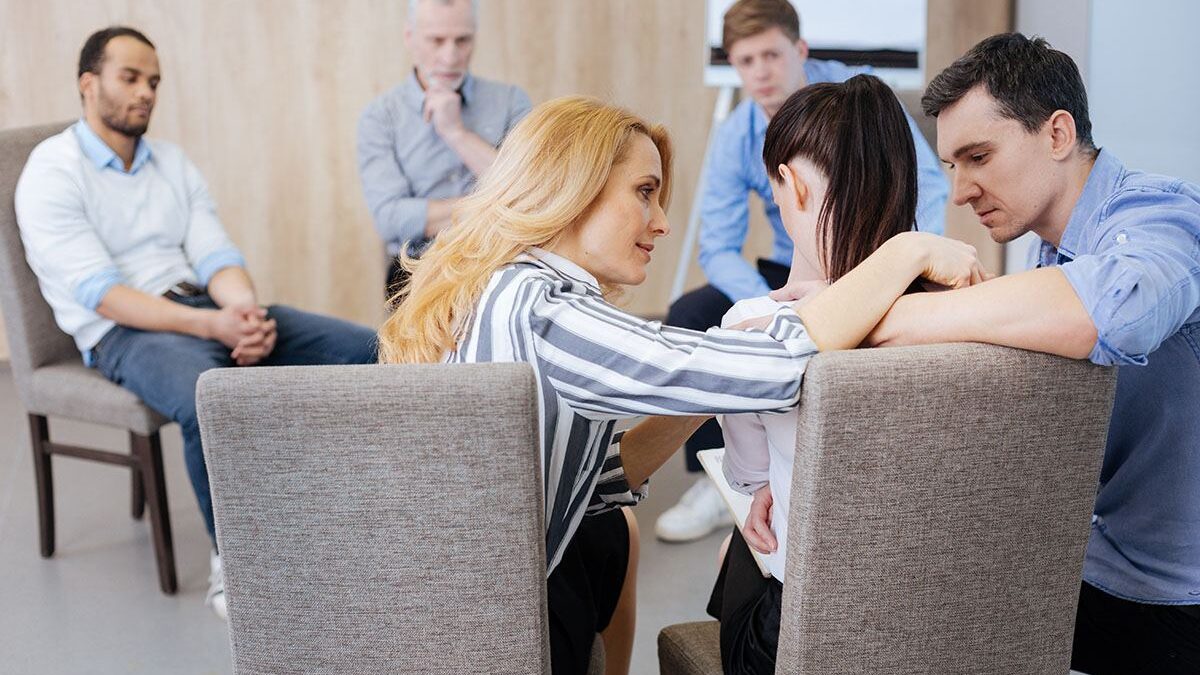
It can be hard to decide to seek help and reach out for addiction. The stigma of addiction can make it difficult to accept you have a drug abuse disorder.
Many other factors make getting the help that addicts deserve very difficult.
Conflict & Challenges
As addictions are out of balance, they can create conflicts in your life. These conflicts will not go away even if you decide to seek treatment.
Addicts often use their addiction to cope with challenges or problems in their life. When they quit, they lose this coping mechanism, which can lead to feelings of inadequacy and relapse.
Help is available and professionals can help the person develop other coping strategies to aid them in their recovery.
Justifications & Guilt
Admitting that you are addicted can be a difficult and brave thing to do. Addictive behaviour is often against an individual’s morals, so acknowledging a disorder can be a scary and uncomfortable feeling.
It can cause individuals who are struggling with addictions to feel extreme guilt. This guilt may manifest itself in justifications. People can deny their addiction struggles, compare them to other problems and find justifications in order to cope with the overwhelming feelings of guilt and shame. This can also make people feel ashamed and discourage them from seeking help.
Reaching out to others can be difficult, but it is the only way forward. Professional therapy can help you overcome intrusive, irrational and shameful thoughts.
Support groups and holistic treatment programmes can help you on your journey to quit smoking.
Get Addiction Treatment
Reaching out to others is the first thing you need to do in order for you overcome addiction. You can recover with the help of professional treatment centers and support groups.
Drug use disorders can affect your physical and mental health. It is important that you receive complete treatment to manage these effects.
In general, treatment for addiction usually involves two main things: detoxification and behavior therapy.
Detoxification involves the withdrawal of the substance or alcohol from the body. Medical teams can help you with your detox journey, as well as supervise and assist your detoxification.
You can also be prescribed medications by a medical professional to manage your physical symptoms and curb your cravings.
Behavioral therapy, on the other hand focuses on the mental aspect of addiction disorders. Behavioural therapists are able to help you deal with mental feelings such as guilt, shame or cravings.
You can also address any issues that may have led to your drug abuse disorder. The best way to overcome an addiction disorder is through a combination of behaviour therapy and detoxification. This will help you develop healthy coping skills that prevent relapse.
The following resources are available to you:
A lack of knowledge about treatment centers and resources is one of the main reasons people with drug addiction disorders do not seek help. Addiction disorders are characterized by a feeling of being inadequate and alone.
There is support available to you. There are many addiction treatment centers in the UK to help you on your way to recovery. For those who can’t afford private treatment, there are also affordable and free options available.
We understand that trying to find treatment centres near you can be overwhelming, but platforms like substancerehabilitation.com can help you find treatment centres that are just right for you.
A team of experts can help you connect to support groups and centers, and find the treatment that best suits your needs. The company can provide you with resources to treat all types of addiction disorders. They have several locations in the UK that offer trustworthy services.
You can read more about it here:
Addiction disorders can be difficult to overcome because of many factors.
People with drug addictions can feel a great deal of guilt, which can lead to denial or justifications.
3 Addiction disorders can affect a person’s mental and physical health.
Addiction treatment is holistic and includes both detoxification and behavioral therapy.
The UK has both private and charitable treatment facilities, as well as treatment that is affordable and available through charities.
Help is available for those who are struggling with addiction. Don’t be afraid to reach out to someone who is suffering from drug abuse or addiction.


















